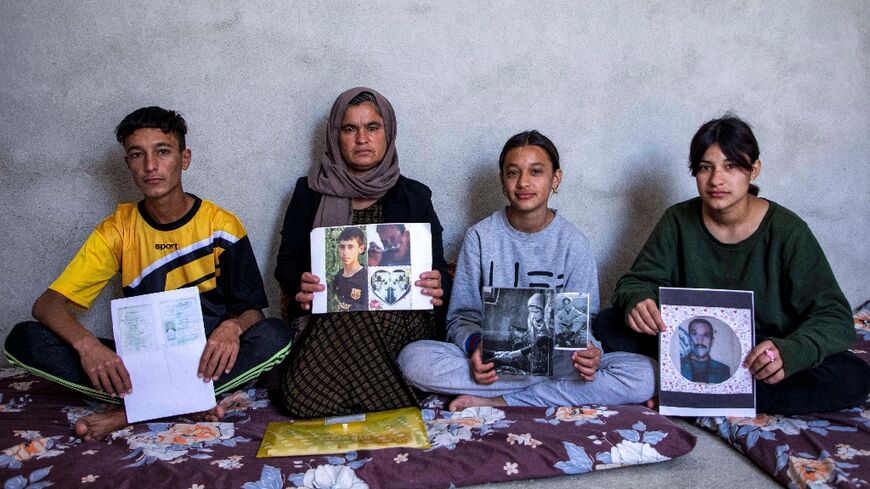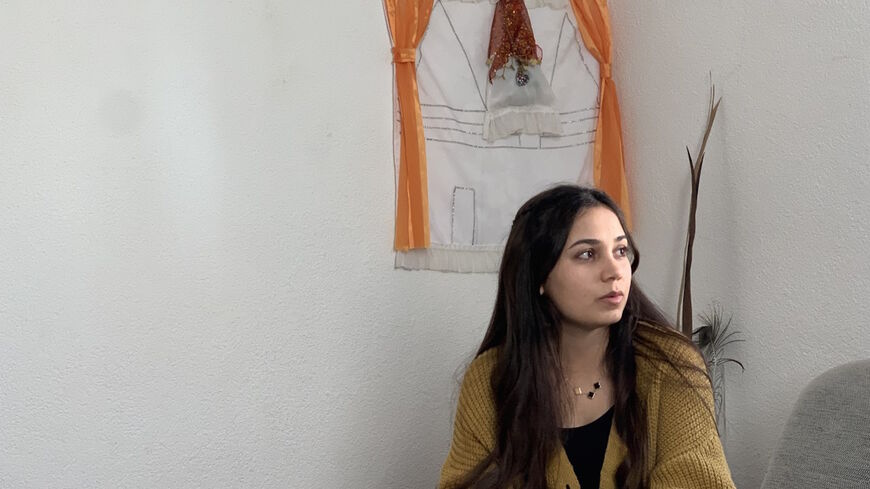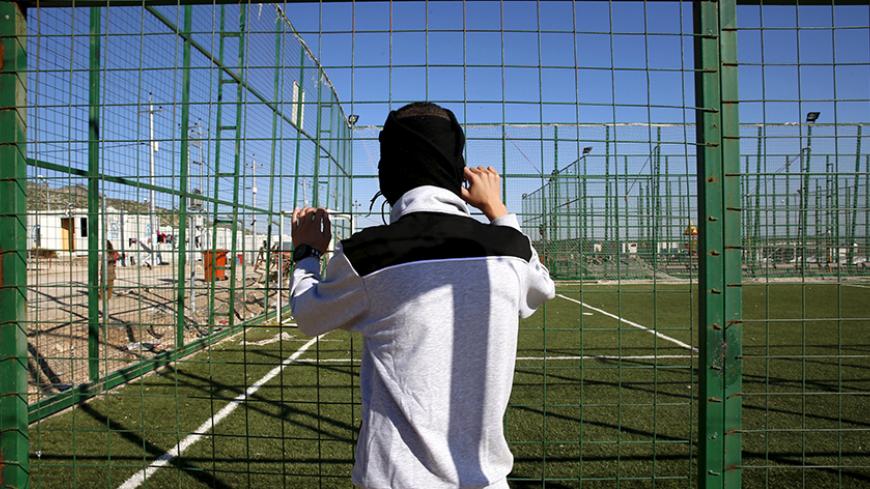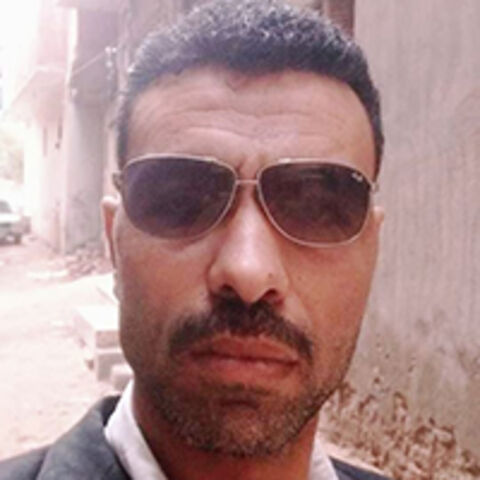Decade after IS abduction, Yazidi survivor returns to Iraq

Her family had lost hope she would ever return after Islamic State fighters took her and thousands of other Yazidi women and girls as sex slaves from Iraq into Syria during their reign of terror.
A decade later, 27-year-old Silvana Khider walked for days across Syria as president Bashar al-Assad's rule came to an end, and was reunited with her sister in Iraq.
While she was taken by IS, she spent the last years of her ordeal in Syria's Idlib province, bastion of the Hayat Tahrir al-Sham (HTS) group that spearheaded Assad's fall on December 8.
"I am very happy, but also very sad. My father and two of my brothers are dead. My mother and another of my brothers are missing. And I have four sisters in Europe," said Khider, who wore a black overcoat and her jet-black hair in a bun.
Her story echoed that of thousands of other Yazidis whose community in northern Iraq suffered a murderous campaign in 2014 of death, mass rape and enslavement that UN investigators have qualified as genocide.
In August that year, IS jihadists murdered thousands of Yazidi men, and took into neighbouring Syria thousands of women and girls to sell them in markets as wives for militants from around the world.
Jihadists took Khider, who was 17 at the time, from her village in Sinjar province to Tal Afar in northern Iraq.
- 'No news' -
After she tried to escape, they took her to Raqa in Syria, a self-declared IS capital.
She ended up in Baghuz, the jihadists' last bastion in eastern Syria until their defeat in March 2019 at the hands of a US-led coalition and Kurdish-led forces.
"I had no news for 10 years and six months of my sisters, and they knew nothing about me," Khider said in broken Arabic.
Forced to speak Arabic for more than a decade, her native Kurdish has also become poor.
"They thought I was dead. They even laid a tomb for me," she said.
It was not entirely clear why she was unable to return home immediately after the defeat of IS in 2019.
But she said she spent more than four years in Idlib province, which was ruled by HTS.
She said those years were marked by "fear, hunger and aerial bombardment" of the last rebel and jihadist holdout of Assad's era.
"In Idlib people helped me, there was no IS," she said, though she added that she lived "alone in a basement".
She said the sheikh of a local mosque helped her -- but gave no details on the kind of help she received.
Asked whether she was forced to marry, she fell silent and then whispered: "No."
While some Yazidi victims of violence have shared their story publicly, the sheer level of trauma has made it hard for many others to disclose the details of their captivity.
Equally unclear were the details of her journey home, which she made with the help of the Kidnapped Yazidi Rescue Office, an Iraqi Kurdish body.
Beginning her journey during the final days of Assad's rule, it took Khider five days to cross Syria, she said.
First she went to Manbij, a flashpoint Kurdish town in northern Syria. Then she walked by night until she reached Raqa, she said.
She kept walking to the Kurdish towns of Hasake and Amuda in eastern Syria, and then a car took her to the Iraqi border.
- Missing relatives -
Yazidi families have told AFP they paid traffickers thousands of dollars for information on their missing loved ones and to try to secure their release.
Hussein Qaidi, who heads the Kidnapped Yazidi Rescue Office, said IS abducted 6,416 Yazidis.
More than 3,500 have since been rescued in Iraq, Syria and Turkey.
One Yazidi woman was repatriated from the Gaza Strip in October.
But more than 2,600 Yazidis remain missing, according to data cited by the UN in Iraq.
Qaidi told AFP his team had received information on Khider in the days following Assad's ouster, which allowed them to "contact her and to help to return".
Muluka Khider, Silvana's sister, recalled receiving a phone call informing her that she was still alive.
"A few days later, I spoke with her by phone. It was a great joy," said Muluka.
Muluka too had been kidnapped by IS and taken to Raqa where she was sold in 2018, before she and a group of women escaped.
The remains of their father and two brothers were found in a mass grave, she said.
"We don't know what happened to our mother and our other brother. But I don't think they survived," she said.







